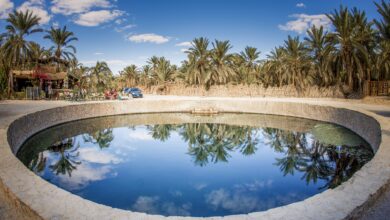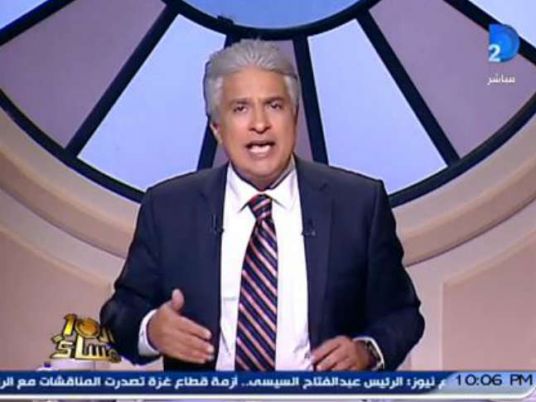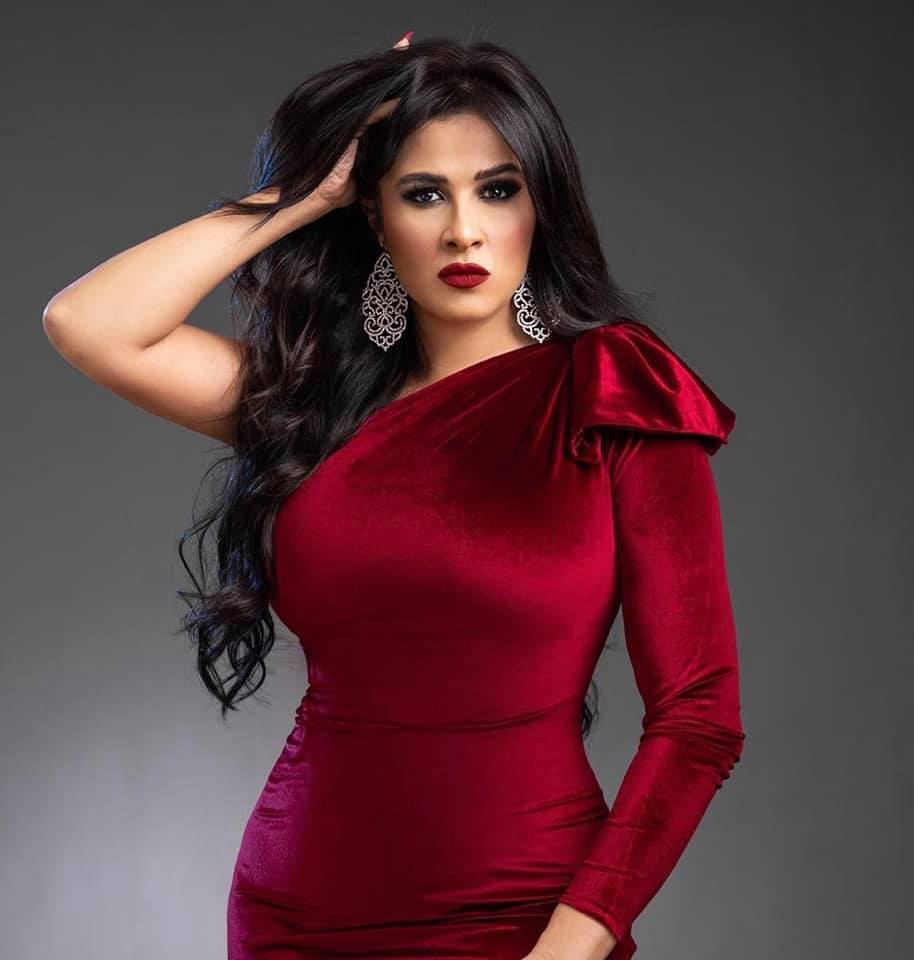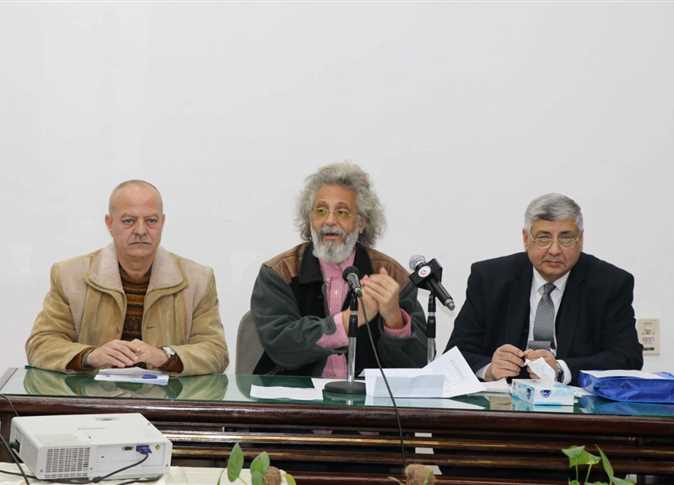With Muslim Brotherhood-backed candidates seizing the lion’s share of board seats in several syndicate elections this year, it appears that newer syndicate coalitions will need more time to rival the Brotherhood's influence.
Certain factors have aided the Brotherhood over the past 20 years, such as its ability to mobilize voters and spread its message through the media. But other factors give hope to new blocs that participated in the election and achieved what observers describe as relatively positive results, given that they were running in their first syndicate elections.
Election results in Cairo demonstrate that despite the Brotherhood's success, it is declining in popularity relative to several new electoral blocs.
In the Doctors Syndicate, the Brotherhood won a majority, taking the chief’s seat and 18 of the board’s 24 seats. The remaining seats went to the Independent Wave, a new bloc bringing together several activists and movements that recently organized protests to call for a better standard of living for doctors.
The same bloc scooped up 14 of 16 seats in the syndicate’s Cairo branch.
In the Engineers Syndicate elections, a group named Engineers Against Guardianship ― also composed of activists ― managed to get the majority of seats in the Cairo branch. However, the Engineers for Egypt coalition, a group affiliated with the Brotherhood, seized the majority of seats in the general syndicate as well as the syndicate chief position.
“We have difficulty coordinating our work and reaching out to candidates across Egypt,” said Mona Mina, a member of the Independent Wave's syndicate board. “As activists in the syndicate, our activity is chiefly based in Cairo and this is where our faces are familiar to the voters.”
She noted that the Brotherhood, on the other hand, depends on the base it has in other governorates. The group has political party headquarters around the country, enabling it to communicate better than their group, she added.
Mina criticized the media for highlighting the gains made by the Brotherhood while ignoring the Independent Wave's success in Cairo.
“This definitely affects us and strengthens the Brotherhood,” she said. “Just because the Brotherhood is the oldest and most famous group does not mean others should be ignored.”
In past years, the Brotherhood did not normally field candidates for chairman positions in syndicates, preferring instead to win seats on governing boards in order to gain control and political influence.
Maged Kholousy, the Brotherhood's newly elected Engineers Syndicate chief, told Egypt Independent that his group has the right to nominate as many candidates as it wants, since its nominees have more experience than others.
“We won through the ballot boxes,” he said. “But the fact that we won the majority does not mean we will exclude others.”
Experts say the Brotherhood is seeking wide representation in the 100-member constituent assembly that will be tasked with writing the new constitution after parliamentary elections end. The ruling military council has said it will select members from different syndicates and unions to serve on the committee, thus adding importance to the recent elections.
With this political engagement, it remains to be seen whether the professional syndicates' mandates will go from being merely service-oriented to more politically active.
Kholousy said that he has several projects in store for the construction sector. He added that he plans to form 46 committees of engineers from both the Brotherhood and other factions for this purpose.
“I believe this provides proof that we want a professional syndicate to serve this country,” he said. “All the talk about us being an opportunistic group is just lies.”
Syndicate members, however, fear that the syndicate’s decisions will come from the Brotherhood's Guidance Bureau rather than the syndicate board and that the Brotherhood will ignore the demands of minorities.
“The struggle over what is best for the syndicate is not what I fear as much as the possibility that this struggle will take on a political shape,” said Mina. “So far we have not clashed with the Brotherhood, but I am not optimistic about the future.”
A barrier of trust still seems to exist between the Brotherhood and the new blocs. This became apparent in the Engineers Syndicate elections, when the Engineers Against Guardianship list filed a report to the public prosecutor alleging that the Brotherhood rigged election results.
Amany Qandil, the executive director for the Arab Network for NGOs, said, “I do not think the Brotherhood will clash with everyone because they have learned from the mistakes of the National Democratic Party, which made decisions without consulting other powers until it collapsed.”
She added that the potential struggle will be clearer after the parliament convenes in March and syndicates get down to business.




